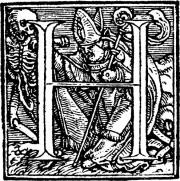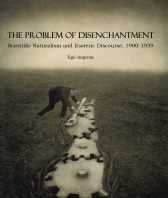
Julian Strube’s first book, Vril, becomes a standard reference for knowledge about this peculiar concept and its even more peculiar history.
It is astonishing how much of modern occultism is dependent on works of fiction. The machinations of secret societies, the malicious rituals of satanic cults, and the magicians’ adventures on the astral plane have all been portrayed in great detail in works of fiction, which have in turn directly influenced the creation of real organisations and inspired new ritual practices among self-styled occultists. The entire current of Rosicrucian initiatory societies even had its main impetus in a text considered by its authors to be a playful ludibrium – although no doubt one that expressed deep convictions. This dynamic of fiction turning to fact is itself perhaps nowhere better explored than in Umberto Eco’s work of fiction, Foucault’s Pendulum. In recent years there has been quite some interest in such dynamics among contemporary scholars of religion as well – focusing on what they call “invented”, “hyperreal”, or “fiction-based” religions. While these scholars tend to focus on relatively recent cases – Jediism, Tolkien-spirituality and the sort – we have every reason to believe that this is a much older process. Particularly, it would seem, in the Western esoteric context.
A case in point is the concept of “vril” – an occult fluid or force that can be manipulated, controlled and directed by spiritually advanced initiates. It was invented by the the author and politician Edward Bulwer-Lytton (1803-1873) in his novel, The Coming Race (1871).





